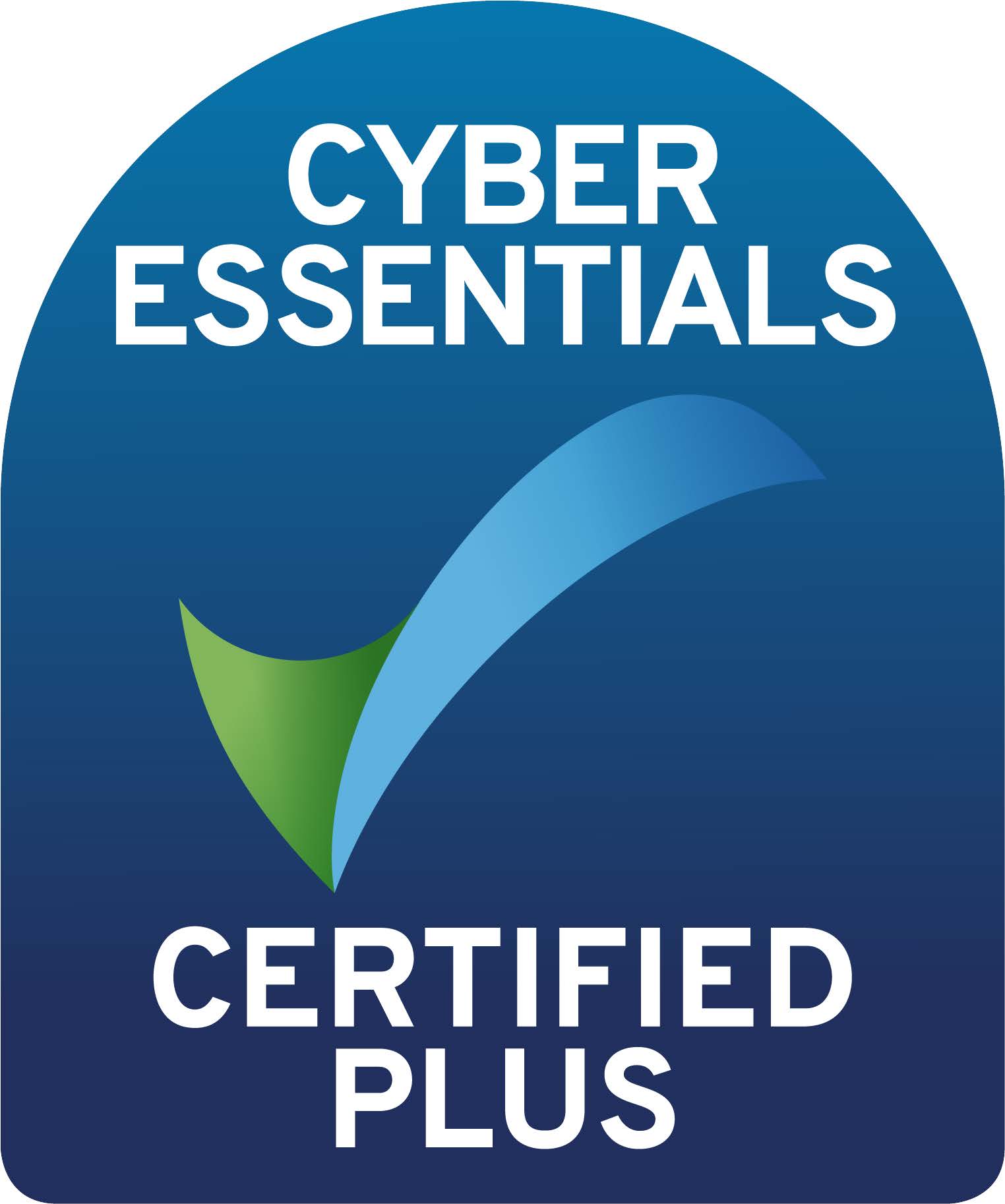Mail Relay Services: What Are They, And Why Do You Need One?
Mail Relay Services: What Are They, And Why Do You Need One?
Emails are so common-place these days that it’s all too easy to take them for granted. Indeed, for many people emails are a constant source of frustration, hoping to reach “inbox zero” while avoiding the non-stop spam that many of us have to cope with, that it’s easy to dismiss the simple wonder of email.
In truth, email is an essential part of everyday life for many people, and certainly for most businesses. Email allows rapid written communication with – when done well – decent levels of security. Email also allows companies to communicate cost-effectively at scale, such as when sending out email newsletters and mailshots which receivers have opted in to.
Behold the Wonders of Email…
The main backbone of today’s global email system is known as SMTP – standing for “Simple Mail Transfer Protocol”. Possibly the best analogy is that of a post office…
When you want to send a parcel to a friend or family member you take it to the post office. The post office then transmits it to another office close to its eventual destination, from where it can be collected.
So it is with email, whereby SMTP is the technology which permits this transmission. “Relay” is the process of transmitting an email from one mail server to another.
The Need for Email Relay Services
In the early days of the Internet, most mail servers were known as “open mail relays”. In essence they were configured in such a way as to allow anyone to send email through them.
Then the spammers came, and everything changed. Suddenly these servers started to become bogged down with junk messages. Instead, configurations were changed to prevent misuse. These days most mail servers only accept messages from authorized sources. Authorization may take a variety of forms, such
as IP addresses or an authenticated mail client.
All the same, these anti-spam measures can cause issues for legitimate businesses. For example, most mail servers limit the number of emails which can be sent in a period of time, with a particular emphasis on identical emails. While these systems are designed to reduce spam emails sent through their systems, for businesses issues can arise.
For example, what if you need to send out a broadcast email newsletter to thousands of subscribers? Alternatively, what if your business sends out “form emails” to improve communication efficiency, or your website sends out large volumes of similar emails to customers?
All of these are legitimate uses of email, but standard mail servers may fail to transmit such communication.
Under such circumstances possibly the best solution is a mail relay service. These act, in essence, like your own mail server (but without the technical troubles or expense) allowing legitimate businesses to send bulk emails.
The Solution to Email Spoofing
As spammers have become ever smarter, so their ability to avoid detection has grown. So too has their suite of tools for gathering information from unwitting suspects.
Possibly one of the most insidious of these risks is that of “email spoofing”. In essence, an email is sent from one email address, but is made to look like it comes from another. So a spammer may send an email which appears to be from your bank, asking you to log in and verify your details.
Individuals unaware of such scams may click through, inadvertently opening themselves up to the theft of their personal details.
#One effective tool for the battle against such attacks is a technology known as “DomainKeys Indentified Mail” – or DKIM for short.
In essence DKIM attaches a signature to outgoing emails. On arrival, this signature can be automatically checked to ensure its validity. Thus the spammer sending spoof emails from banks fail such a check (as they lack the necessary signature). Many mail servers will then either refuse such an email, relegate it to the “spam” box or mark it with a warning.
One such example are emails from Paypal – a common source of spoofing. Gmail, for example, is known not to deliver emails purportedly from Paypal if they fail DKIM checks due to the likelihood that they are spam.
Of course DKIM can also have positive impacts for businesses too. A mail relay service which offers DKIM authentication helps to keep your business communication safe and secure. Such activities can then protect your communication, preventing it from being blacklisted by recipients.
Conclusion
Mail relay services can be a highly effective tool in today’s world of modern communication. Such a service allows you to send mass (legitimate) emails in bulk while maintaining your company reputation and maximizing deliverability.
If you’d like to learn more about our mail relay service please contact us today.








